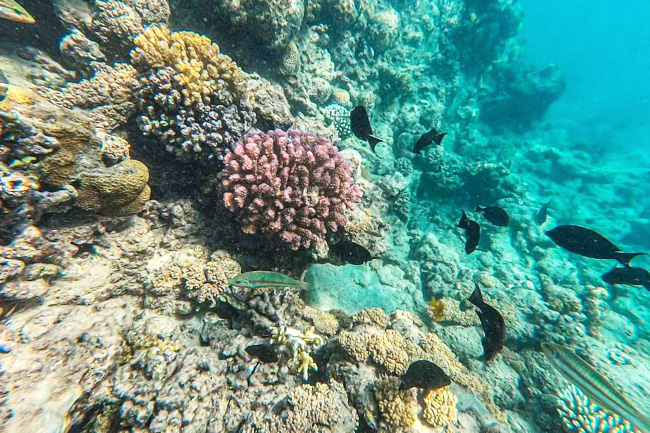ANN/THE STRAITS TIMES – While the world’s coastal ecosystems – such as coral reefs and mangroves – could help to guard against sea level rise, many of these species will not be able to survive if global warming exceeds two degrees Celsius (˚C).
If it hits 3˚C, sea levels will rise by nearly seven millimetres (mm) a year, rendering nearly all the mangrove forests and coral reef islands unable to survive. About 40 per cent of tidal marshes will not survive. Currently, the rate of sea level rise is at around 4mm a year.
If global warming is limited to 2˚C, 70 per cent of mangroves could still have a shot at survival, and around 95 per cent of tidal marshes and coral islands will continue to thrive.
These were the findings of a new study, led by researchers from Singapore’s Nanyang Technological University (NTU) and Australia’s Macquarie University.
Using data on sea levels from the last Ice Age when glaciers were at their maximum area across the globe – researchers found that rising seas will devastate coastal habitats within the next 30 years.
The world has already warmed by close to 1.2˚C so far.
Director of the NTU’s Earth Observatory of Singapore (EOS) Professor Benjamin Horton told The Straits Times that mangroves and coral reefs in Singapore have helped to reduce the impact of wave energy, protect coastlines, and serve as a habitat for a wide range of species.
Work is also underway on mangrove protection and restoration, but sea level rise could threaten all this progress, he said.
While the EOS is working to quantify the survival thresholds and ecological tipping points of mangroves and coral reefs in Singapore, efforts must be made to rapidly reduce global greenhouse gas emissions, he added.









